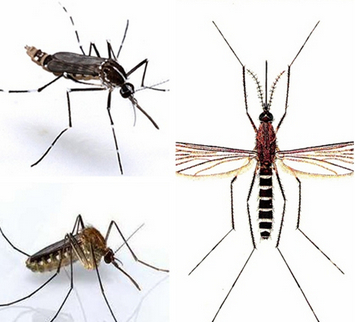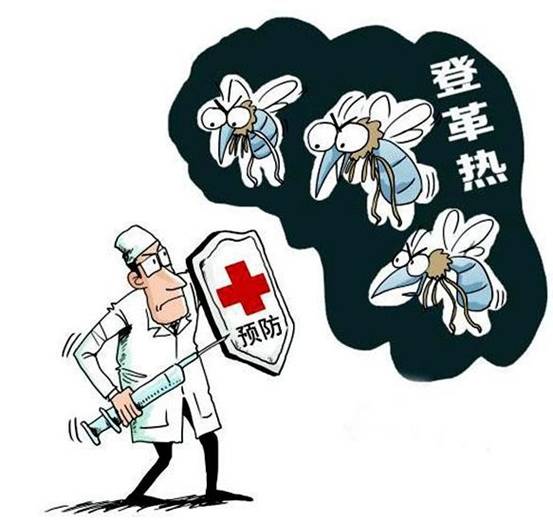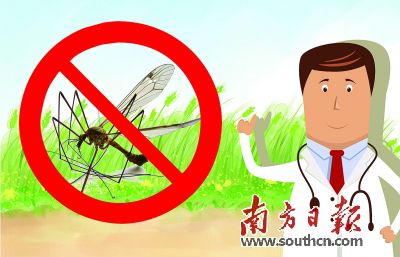| User Service > Work for Health | Technical support>Technology platform>Work for Health |
The new strategy is not to eliminate all vector mosquitoes, but to pass on resistance to dengue virus from one generation to the next.Currently, such methods are not harmful to humans or the environment, and there is no controversy over genetic modification. In northern Australia, the best time of day to release mosquitoes is 10am.If we do it early, we have to pay overtime to the workers who carry the cartons of mosquitoes to different regions to release them.So on the hottest January morning of the Australian summer, I climbed into my white pickup truck with thousands of mosquitoes in small cups in the back seat. In 2011, we released mosquitoes once a week for nearly three months.We focused on the release of two communities in Cairns, a city near the popular tourist attraction of the Great Barrier Reef.Residents agreed to participate in the study. Every four houses, we would take a cup of mosquitoes out of the pickup truck, peel the lid off, and release about 50 mosquitoes. These mosquitoes were not just mosquitoes that lived in the backyard of a balcony. Each one was infected with Wolbachia, a bacterium common in insect cells.For us, the most interesting feature of Wolbachia is that it prevents dengue virus from replicating in the mosquito tissue, so that mosquitoes can't transmit the virus to humans and prevent dengue from spreading. Infecting mosquitoes with bacteria to fight dengue is a roundabout strategy, and we do it because there are few options available.Dengue fever, commonly known as "broken bone fever," causes disabling pain and infects 390 million people each year.Because there is no treatment, the main prevention strategy has been for the mosquito that spreads the virus - Aedes Aegypti mosquitoes.However, mosquitoes have become resistant to drugs, common insecticides such as temephos have become ineffective, Aedes Aegypti mosquitoes often suck blood during the day, and mosquito nets are barely functional.At present, one of the most promising tools for curbing mosquito-borne diseases such as dengue and malaria is clearly to allow wolbachia to spread among wild mosquitoes.
Using wolbachia to fight dengue is not a natural choice.In natural conditions, normallyit does not appear in most dengue-transmitting mosquitoes, which must be artificially infected in the laboratory.In other words, we infect mosquitoes with wolbachia to make them resistant to dengue, and then release them into the wild, then hope that they can pass on the bacteria to future generations.Although wolbachia may reduce the production of insect eggs, it is generally harmless to mosquitoes and the environment.The potential benefits for humans are clear: if most wild mosquitoes are infected with wolbachia, the risk of dengue fever in humans is reduced. ——Excerpt from “South Daily”. 



DEWEI MEDICAL EQUIPMENT CO.,LTD | National Service Hotline: +86 757 25516612 Note: Any third party or instrument name involed in the website, it is only for describing Dewei's Product uses. Copyright: DEWEI MEDICAL EQUIPMENT CO.,LTD